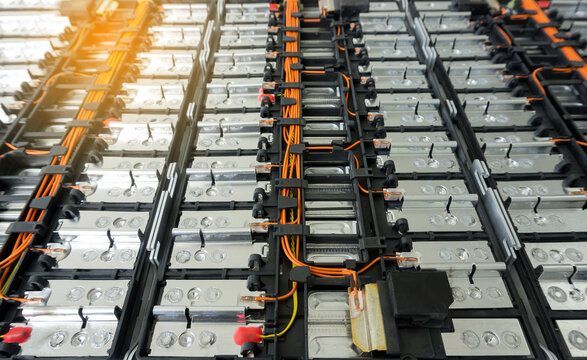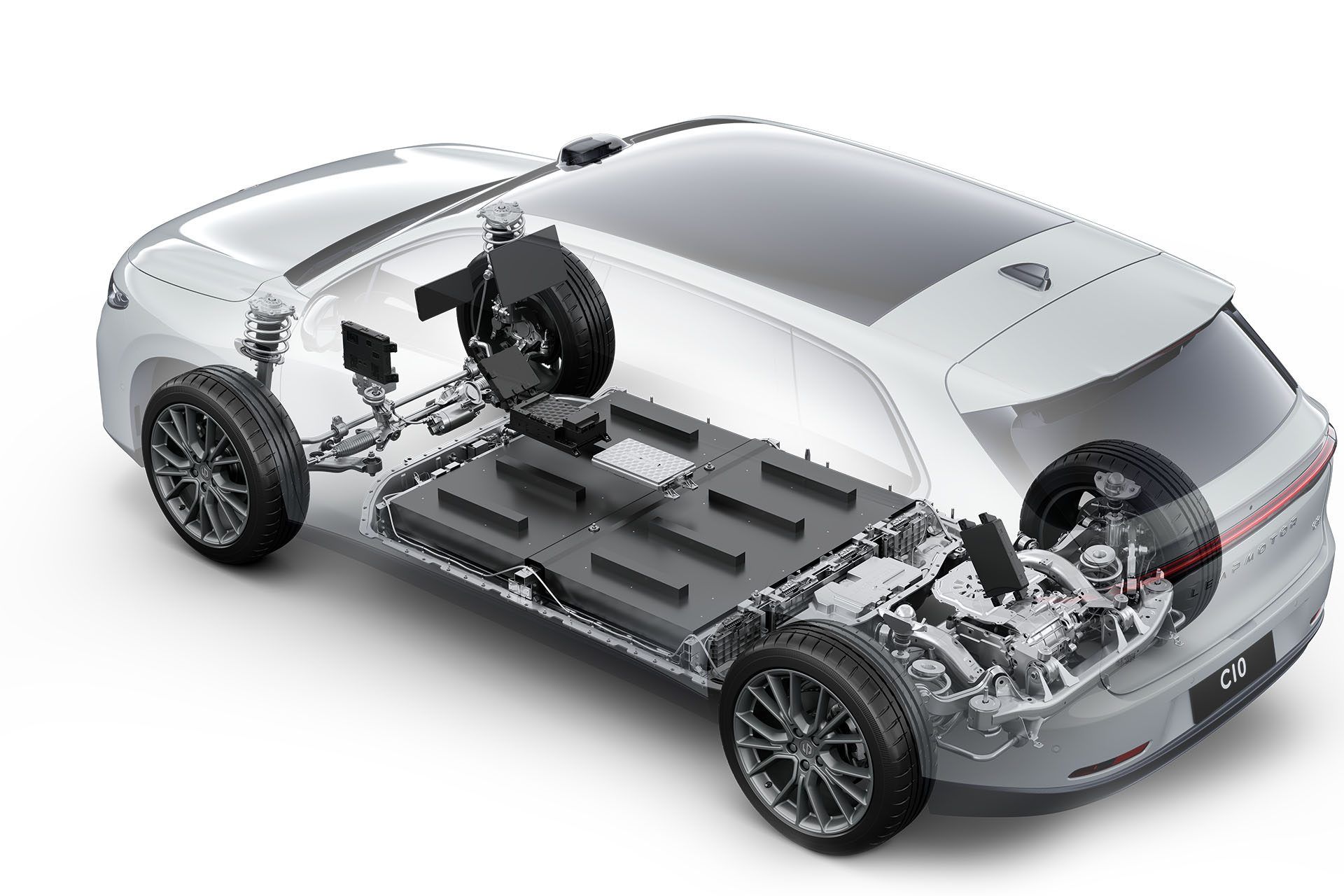Introduction:
In the quest for faster, more efficient energy storage solutions, researchers at the University of Adelaide have unveiled groundbreaking advancements in lithium-sulphur (Li-S) battery technology. Their latest research suggests that the next generation of Li-S batteries could revolutionize the way we power our devices, with the potential to charge in mere minutes rather than hours. This development holds significant implications for a wide range of applications, from mobile phones and laptops to electric vehicles, promising enhanced performance and greater convenience for consumers.
The Evolution of Lithium-Sulphur Batteries:
Lithium-sulphur batteries have long been hailed as a promising alternative to traditional lithium-ion batteries due to their higher energy density and lower cost. However, one of the key challenges has been their slow charging times, often taking several hours to reach full capacity. This limitation has hindered their widespread adoption despite their considerable advantages.
Implications for Various Devices:
The implications of this research extend across a multitude of devices that rely on high-power batteries. Mobile phones, laptops, and other portable electronics stand to benefit from faster charging times, enabling users to stay connected and productive with minimal downtime. Moreover, the automotive industry stands to undergo a transformative shift, with electric vehicles (EVs) poised to reap the rewards of rapid charging Li-S batteries. The ability to charge an EV in a matter of minutes could alleviate range anxiety and accelerate the transition to electric mobility on a global scale.
Advantages Beyond Speed:
Beyond the obvious advantage of faster charging, Li-S batteries offer several other benefits that make them an attractive choice for various applications. Their higher energy density means they can store more energy in a smaller and lighter package, making them ideal for portable electronics and electric vehicles where weight and space considerations are paramount. Additionally, sulphur is abundant, inexpensive, and environmentally benign compared to the cobalt and lithium used in conventional lithium-ion batteries, contributing to a more sustainable energy future.
Challenges and Future Directions:
While the prospect of rapid-charging Li-S batteries is indeed promising, several challenges remain to be addressed before widespread commercialization. These include issues related to battery longevity, stability, and scalability of production. Continued research and development efforts will be crucial in overcoming these obstacles and bringing this technology to market.
Conclusion:
The groundbreaking research from the University of Adelaide represents a significant milestone in the advancement of energy storage technology. The potential for rapid-charging lithium-sulphur batteries has far-reaching implications for the way we power our devices, offering enhanced performance, convenience, and sustainability. As efforts to commercialize this technology continue, we stand on the brink of a new era in battery innovation—one that promises to reshape our world and accelerate the transition towards a cleaner, more electrified future.









